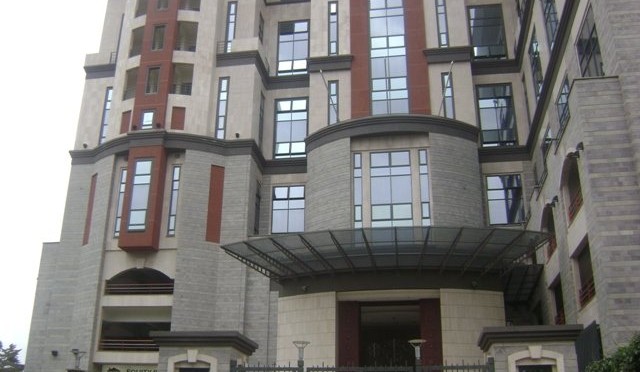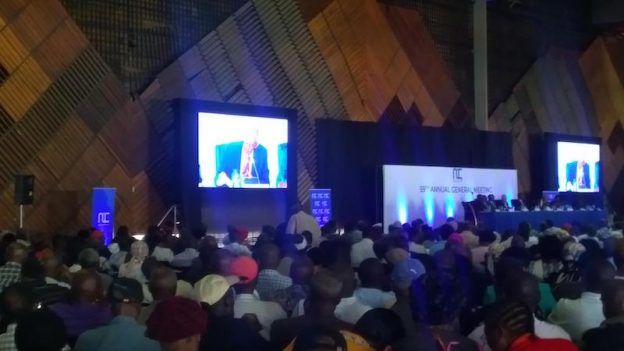Kenya’s Equity Bank Group Holdings has entered an agreement with some shareholders of Banqué Commerciale du Congo (BCDC) to buy a controlling stake in the bank with a view to consolidate it with its DRC subsidiary.
This comes a few years after Equity invested in DRC by purchasing a stake in ProCredit Bank. At the end of 2018, the DRC constitutes 8% of Equity group’s revenue, second behind Kenya’s 75% and ahead of Uganda, Tanzania and Rwanda. The DRC subsidiary had ~$558 million in assets, accounting for about half of its regional subsidies, with ~$13 million pre-tax profit.
The deal is yet to be approved by shareholders of the institutions, the central banks of Kenya and the DRC and other regulatory agencies.
The bank has nine branches in Kinshasa, four in the southern part of the country and sixteen others in the interior of the country (including Bukavu, Goma and Kisangani). The main shareholders of BCDC are George Arthur Forrest & family with 66.53% and the Government of DRC with 25.53%, as well as other shareholders who own 7.94% of the bank. In 2017, BCDC had deposits of $485 million, loans of $282 million and a pre-tax profit of $12 million, that was achieved despite challenges of currency fluctuations and bad debt provisions.
EDIT November 19: Equity Group will acquire 66.53% of BCDC by paying George Arthur Forrest $105 million for 625,354 shares, inclusive of dividends.
Equity Group plans to consolidate BCDC with Equity Bank Congo (EBC, formerly Procredit), and will pay KfW, the German development bank, $9 million for its 7.67% stake in EBC after KfW exercised a put option that the Government of DRC will have to approve.
Transaction advisors for the deal are Stanbic Bank Kenya and legal advisors are Anjarwalla & Khanna.
EDIT August 11, 2020: Equity Group announced the receipt of all approvals and completion of the deal on August 7. This was at a reduced price of $95 million, down from the earlier-announced $105 million to reflect the impact in COVID on world economies and the DRC. Equity now owns 66.53% of BCDC with the bank becoming a subsidiary of the Equity Group.


